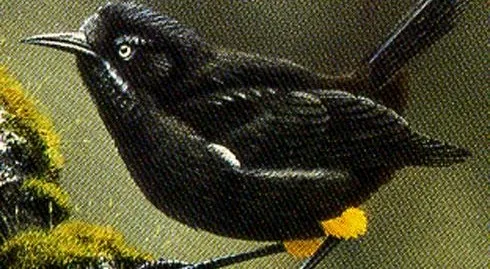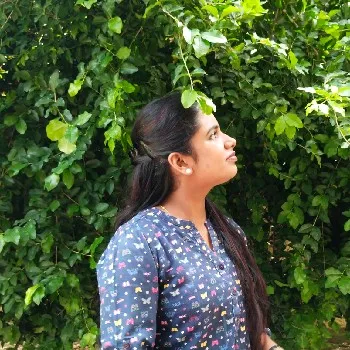A REEL TO MOURN
Just imagine…. that you are the last male of the human race and you are singing for a female who will never come!
An instagram reel that popped up while I was sliding through the contents casually moved my heart.
The caption of the reel goes like this: “The last call of a Kaua'i'o'o bird recorded in 1987 before going extinct. This was the last male left”.
The short reel shows a small bird perched on the high branches of a tree singing hopefully, in his melodious voice for a mate. Of course the reel is not that clear since Iphones were not yet available in the market. But no music played by modern technology can ever match the voice of that bird we will never see.
The Kaua'i’o'o Bird
Kaua'i' o'o bird(Moho braccatus) was a class of honeyeaters that once thrived in the Hawaiian Islands. The whole family of these birds are now extinct. It's no wonder to hear about a species getting extinct in Hawaii because the island on the whole is reputedly known as the ‘extinction capital of the world’.
The main reasons cited for the...
An instagram reel that popped up while I was sliding through the contents casually moved my heart.
The caption of the reel goes like this: “The last call of a Kaua'i'o'o bird recorded in 1987 before going extinct. This was the last male left”.
The short reel shows a small bird perched on the high branches of a tree singing hopefully, in his melodious voice for a mate. Of course the reel is not that clear since Iphones were not yet available in the market. But no music played by modern technology can ever match the voice of that bird we will never see.
The Kaua'i’o'o Bird
Kaua'i' o'o bird(Moho braccatus) was a class of honeyeaters that once thrived in the Hawaiian Islands. The whole family of these birds are now extinct. It's no wonder to hear about a species getting extinct in Hawaii because the island on the whole is reputedly known as the ‘extinction capital of the world’.
The main reasons cited for the...




